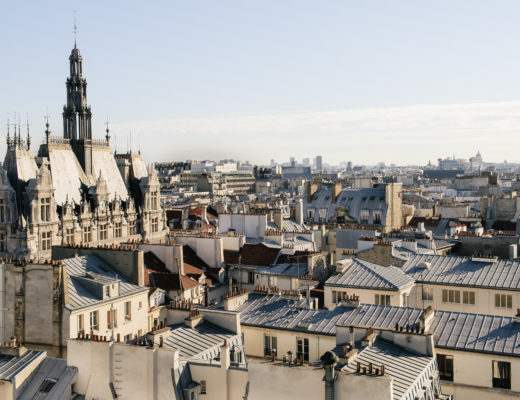
I might also add that the title of this post is a bit misleading. Paris is indeed sleepy in August but that’s not entirely what this is about.
What I’d really like to be doing this month – availing myself of the lighter crowds to test some of the city’s storied sweets (so many left to try) and new tables – is at odds with what is actually possible. I couldn’t fight off my disappointment when the first “en congés” (on holiday) signs were haphazardly fastened to shops fronts and bakery doors nor could I stave off the pit in my stomach at the thought of how meager my meals would be for the rest of the summer. My trusty bakery, most of the farmer’s market vendors and my favorite cheesemonger have abandoned us all at once. Some, maybe even most, revel in the eery quiet and emptiness that result from this annual Parisian exodus. I find it distressing. It means I can actually hear my thoughts and devote attention to issues I’ve long relegated to the far recesses of my mind.
Compared to the previous August, I certainly have stronger footing but this year, something else is throwing me a bit off-kilter. Naturally, it involves my next administrative hurdle. After four years of marriage, I am now eligible to apply for French nationality – a choice I never thought twice about until now. Having a French passport implies greater mobility within Europe, to be sure, but also adherence to a wider set of values and beliefs. I have stayed in France because I identify with the local lifestyle and most of their policies but becoming a citizen takes this engagement much deeper.
I began thinking about this more seriously last week when I registered online for my absentee voting ballot for the forthcoming American election. On the website, I was faced with a choice. I had to enter whether I was a: U.S. citizen residing outside the U.S. and I intend to return or U.S. citizen residing outside the U.S. and do not intend to return. The finality of the latter, though unintentional, left me momentarily uncertain. Internal expat conflict, let’s say.
Going through the steps to become French also raises additional questions of identity. I’m an Italian-American Jew who, to many friends and family back in the U.S., might seem a bit more French than American. But I will never truly be French, no matter how many people I may bluff. And that’s okay but I have yet to codify and interpret the implications of this duality and how I would honor both commitments in practice were I to become the kind of U.S. citizen who does, in fact, return home.
All of that to say, as most people enjoy the blessed gift of Parisian sunshine and silence, my mind is active and screaming with questions.
Do any of you have two nationalities? How do you reconcile these questions of identity?










